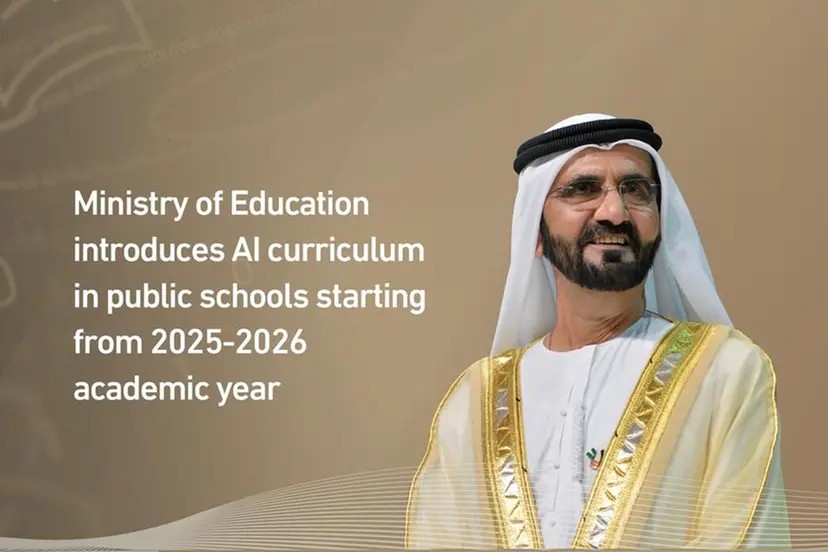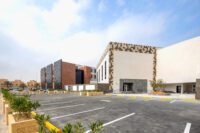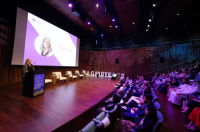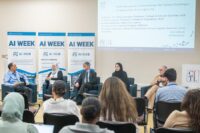The move by the UAE Ministry of Education will equip students with the essential knowledge and skills required to understand AI concepts
Dubai, May 4, 2025: The UAE Ministry of Education announced today that Artificial Intelligence (AI) will be taught as part of the curriculum in all UAE public schools, from kindergarten through to Grade 12.
Starting from the 2025-2026 academic year, AI will taught to every child in UAE’s public schools as part of “UAE’s focus on empowering youth to adapt to evolving global trends and drive innovation“. The UAE is one among the first few countries to introduce AI in school curricula.
In an announcement on X, His Highness Sheikh Mohammed Bin Rashid Al Maktoum, Vice President and Prime Minister of the UAE and Ruler of Dubai said that an education in AI must be about much more than technical skills; students must learn too about the risks and ethics of Artificial Intelligence, the responsibilities that come with it and how it will affect individuals and society in the decades to come.
Future-ready education
The UAE’s new AI curriculum will be introduced across all public schools in the country, starting from Kindergarten (age 4) through to Grade 12, beginning in the 2025–26 academic year. AI will now be taught as an official, mandatory subject, fully integrated within the existing timetable and curriculum.
Officials have emphasised that the curriculum will be age-appropriate and activity-based, with a strong focus on hands-on learning and ethical exploration alongside digital tools.
The new AI curriculum will be delivered by trained teachers as part of the ‘Computing, Creative Design and Innovation’ subject, and developed in collaboration with leading tech institutions including Presight (G42), AI71, Mohamed bin Zayed University of AI and the Emirates College for Advanced Education.
Minister of Education Sarah Al Amiri says, “The integration of AI into classrooms reflects the UAE Government’s future-focused vision, reinforcing its global leadership in innovation and tech-driven education and supporting its goal of building a knowledge-based society and a competitive digital economy led by skilled national talent.
“Introducing AI across all public school levels is a strategic step that modernises teaching tools and supports a generation of young people who understand tech ethics and can create smart, locally relevant solutions to future challenges.”
The AI curriculum
The MoE states that the new AI curriculum has been designed to evolve with students as they progress through school. At each stage, the content is tailored to their age, with the curriculum spanning across seven focus areas: foundational concepts, data and algorithms, software use, ethical awareness, real-world applications, innovation and project design, and policies and community engagement.
In Kindergarten, children engage in visual and interactive activities to discover AI and other digital technologies through stories and play.
In Cycle 1, students will compare machine intelligence to human thinking, develop digital thinking skills and explore AI applications.
In Cycle 2, more advanced skills are introduced, including basic programming, understanding concepts like bias and fairness in algorithms and focus on ethical use of AI.
By Cycle 3 (Grades 9–12), students will engage in real-world simulations and command engineering, preparing them for higher education and tech-based careers.
Seamless integration
The new AI curriculum will be seamlessly integrated within existing school schedules without requiring additional teaching hours. MoE will also provide comprehensive guides, including activities, models and lesson plans adaptable to various classroom settings.









